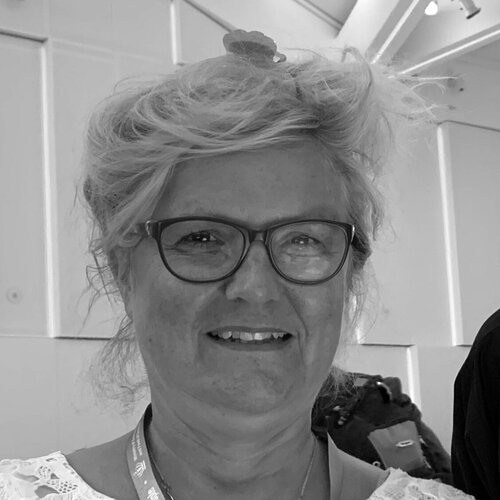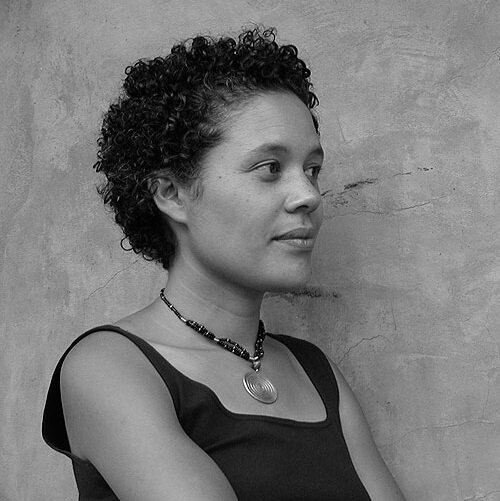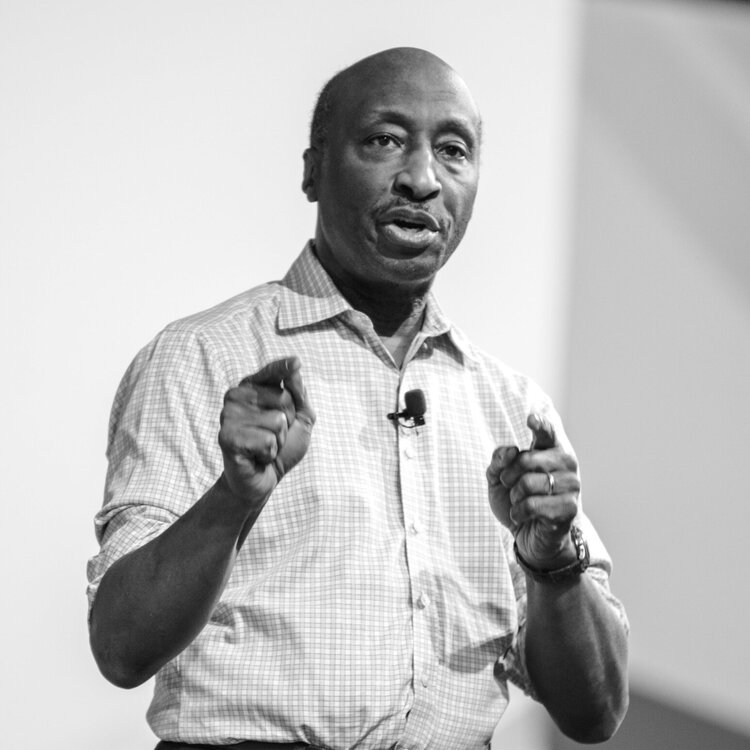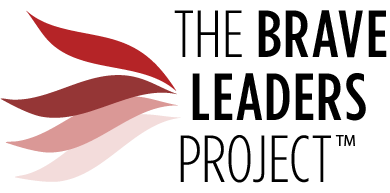When in Doubt, Listen to Your Moral Intuition
What makes someone a brave leader? Or, put differently: What gives someone the guts to do what is needed to make a positive impact on the world?
These were the questions that drove our founder, Margareta Barchan, to interview around 50 of the world’s bravest leaders, and share their stories in a book.
In Brave Leaders: Finding The Guts To Make Meaningful & Lasting Change, we identified four central traits that each brave leader possesses: altruism, humility, perseverance, and composure.
But in addition to these four traits, there is something else that unites these brave leaders, and that often acts as the driver behind their work; something we call moral intuition, or knowing what is right and what is not. In this post, we’ll examine what moral intuition is, how it plays a role in being a brave leader, and how you can cultivate it.
Using Moral Intuition as a Driver

We asked many of the people in Brave Leaders whether they looked at themselves or their work as particularly brave. In most cases, their answer was “no.” And often, they proceeded to explain that it simply felt like there wasn’t much of an alternative, that what they did was the only real option.
As Kirpal Singh, a poet and university lecturer, said: “Whenever I’ve had the opportunity to help anyone else or been with someone else who was helping other people with humanitarian causes, I’ve always seen that as the right thing to do. That’s not being courageous so much as having the conviction that there is a right thing to do in any given situation.”
Partly because of his upbringing with Sikh values, Singh explained that whenever he sees an injustice, “I must try to stop it. I didn’t see that as brave or courageous; I just saw it as part of my life.”
In similar vein, humanitarian Tina Lindgreen told us: “I care that we save our humanity and save this planet. It’s not an option. I’ve felt that it’s something that I must do.”
Recognizing Your Inner Values: Knowing What Is Right for You

A core aspect of moral intuition is knowing what is right for you, rather than some kind of ‘universal truth.’ Finding your personal truth is easier, and it also helps you lead in a more authentic way – especially if you recognize that what is true for you may not be true for everyone.
Civil servant Alison Brimelow described this perfectly: “I am driven by inner values, as opposed to being directed by outside influences, which is more about modeling behavior in order to suit others’ expectations. Being inner directed doesn’t necessarily mean I’m right; I can be very wrong! But I recognize the issue of integrity.”
This integrity is crucial in genuine, brave leadership, and it is what often helps us reach an even higher level of achievement. Marianne Knuth, former AIESEC president and co-founder of Kufunda Learning Village, told us: “I am fulfilling the destiny I was meant to carry out. I know in my gut and in my heart when I am off track. I have learned to listen to my intuition, to my gut. When I am on the right track, then I have courage, and nothing can stop me!”
Having the Courage and Integrity to Listen to Your Truth

Knowing your own truth is hard enough – more on how to do so below – but it is only half the battle. Actually leading from what you believe is right can be a challenge, especially when that means challenging the existing status quo. But as Alison Brimelow mentioned, in the end, it comes down to having the integrity to listen to your truth.
Civil servant Stephen Quest described this inner battle, when he was facing the prospect of going against the ‘common knowledge’ in his organization: “Some people were saying to me, ‘You need to leave it alone now. Let it settle.’ […] In the end, I couldn’t stop; it didn’t feel right to just leave it and ignore it. If I didn’t speak out, no one else would. In a sense then, my leadership would be less authentic because I’d be deliberately avoiding something that I know to be there.”
Or, in the words of Merck CEO Kenneth Frazier: “I haven’t thought about it [as bravery]. I think about it more as being willing to live true to one’s principles.”
Cultivating Moral Intuition
So how do we do this? How do we find access to our own truth, our deepest beliefs, and how do we find the courage to live by them?
The first thing that’s important to realize is that we all have this intuition. It comes more naturally for some than for others, but if you feel like you don’t have it, that simply means it needs to be given more attention. This might be less easy than it sounds, but ultimately it comes down to giving space to the knowledge that’s inside of you and learning to listen to it – and, importantly, respecting what it tells you, which creates a virtuous cycle of positive feedback.
Brave Leaders offers several exercises that can help you get started with finding your truth and deepest convictions; we’ll share one below. In all efforts of this kind, it is important to start with a breathing exercise or short meditation, helping you disconnect from outside pressures and get closer to yourself.
Step 1: Re-read Kirpal Singh’s comments at the start of this blog post, and ask yourself these questions: What is my strongest conviction about the greater good? What belief do I hold so dearly that I would put it above my own health and safety, for the good of everyone?
Step 2: Answering these questions can be hard. Often, this is caused by our subconscious, which can block the answers we might come up with, for fear of ‘rocking the boat.’ Remember that challenging our own status quo can sometimes be even scarier than doing so within our environment. If you suspect this may be happening for you, try the below exercise:
Take a clean piece of paper or page in your notebook, and write at the top of the page: “If I could move forward without fear, I would …” Then, take three deep, calming breaths. Set a timer for ten minutes (or longer), and start writing. Do not lift your pen from the paper. Keep writing fast enough to outpace your conscious thoughts and inner critic. When you hear the timer, stop writing, and pause by taking another few deep breaths. Then, reading through your answers, ask yourself: What do these answers tell me about the beliefs and convictions I hold? If your answers include things you hadn’t expected, ask yourself what made you write them down, and make sure to keep paying close attention to this in the future.
To learn more about how to deal with your inner fears, check out this blog post.
For further inspiration and the full interviews with everyone quoted in this blog post, read our book Brave Leaders: Finding The Guts To Make Meaningful & Lasting Change.
